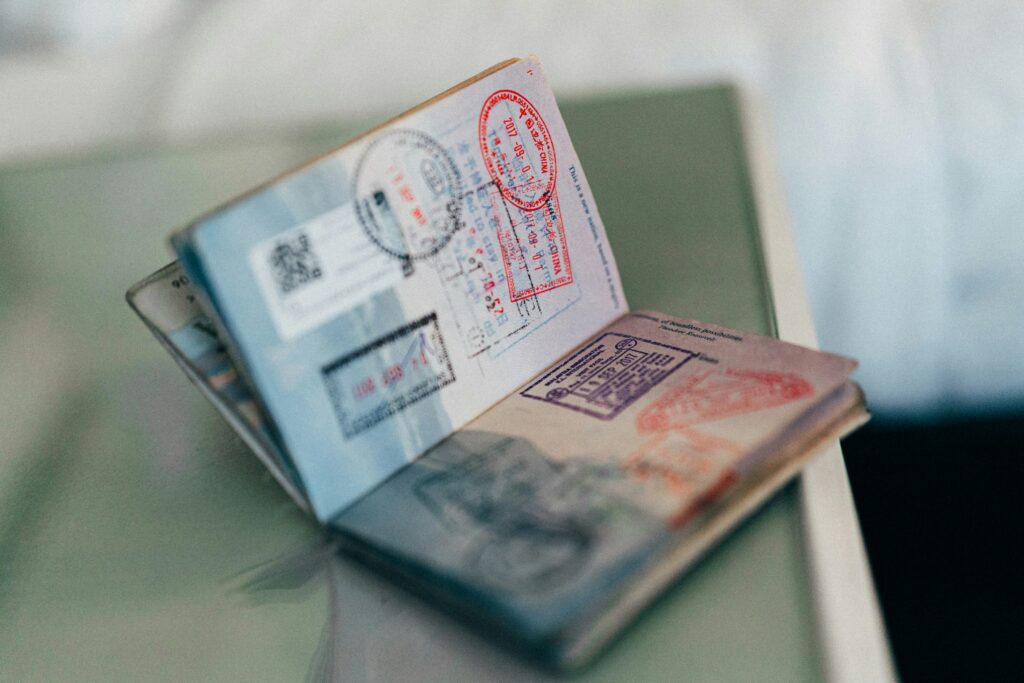The US State Department is set to introduce a new hurdle for some international travelers seeking business or tourist visas to the United States: a bond of up to $15,000.
The proposal, detailed in a notice scheduled for publication in the Federal Register on Tuesday, aims to curb visa overstays but could render the application process unaffordable for many.
About The Proposal
Under a 12-month pilot program, applicants from countries with high visa overstay rates or inadequate document security controls may be required to post bonds of $5,000, $10,000, or $15,000 when applying for a visa.
The program, set to begin 15 days after its formal publication, targets visitors applying for temporary business or pleasure visas (B1/B2), particularly those from nations where vetting information is deemed deficient or where citizenship is granted through investment without residency requirements.

The bond requirement will not apply to citizens of the 42 countries in the Visa Waiver Program, which includes most European nations, as well as select countries in Asia, the Middle East, and elsewhere, allowing them to travel to the U.S. for up to 90 days without a visa.
The State Department has indicated that bonds may be waived based on individual circumstances, though specific criteria for waivers remain unclear. A list of affected countries will be released once the program takes effect.
Tightening Visa Regulations
The move is part of a broader push by the Trump administration to tighten visa regulations.
Last week, the State Department announced that many visa renewal applicants would now face mandatory in-person interviews, reversing previous policies that allowed renewals without such requirements.
Additionally, applicants for the Visa Diversity Lottery program must now present valid passports from their country of citizenship, further raising the bar for entry.
The bond proposal raises concerns about accessibility. For many applicants, particularly those from developing nations, the cost of a bond—potentially triple the median monthly income in some countries—could be prohibitive.
The State Department argues that the measure is necessary to protect the U.S. government from financial liability if visitors fail to comply with visa terms, such as departing the country on time.
Complexity of Visa Bonds
Historically, visa bonds have been floated but never widely implemented, largely due to logistical challenges and fears of public backlash.
The process of posting and refunding bonds is complex, and the State Department has acknowledged that past opposition stemmed from concerns about misperceptions.
However, the agency now contends that there is no recent evidence to support these concerns, as visa bonds have not been used in recent years.
This article was edited with AI and reviewed by human editors





